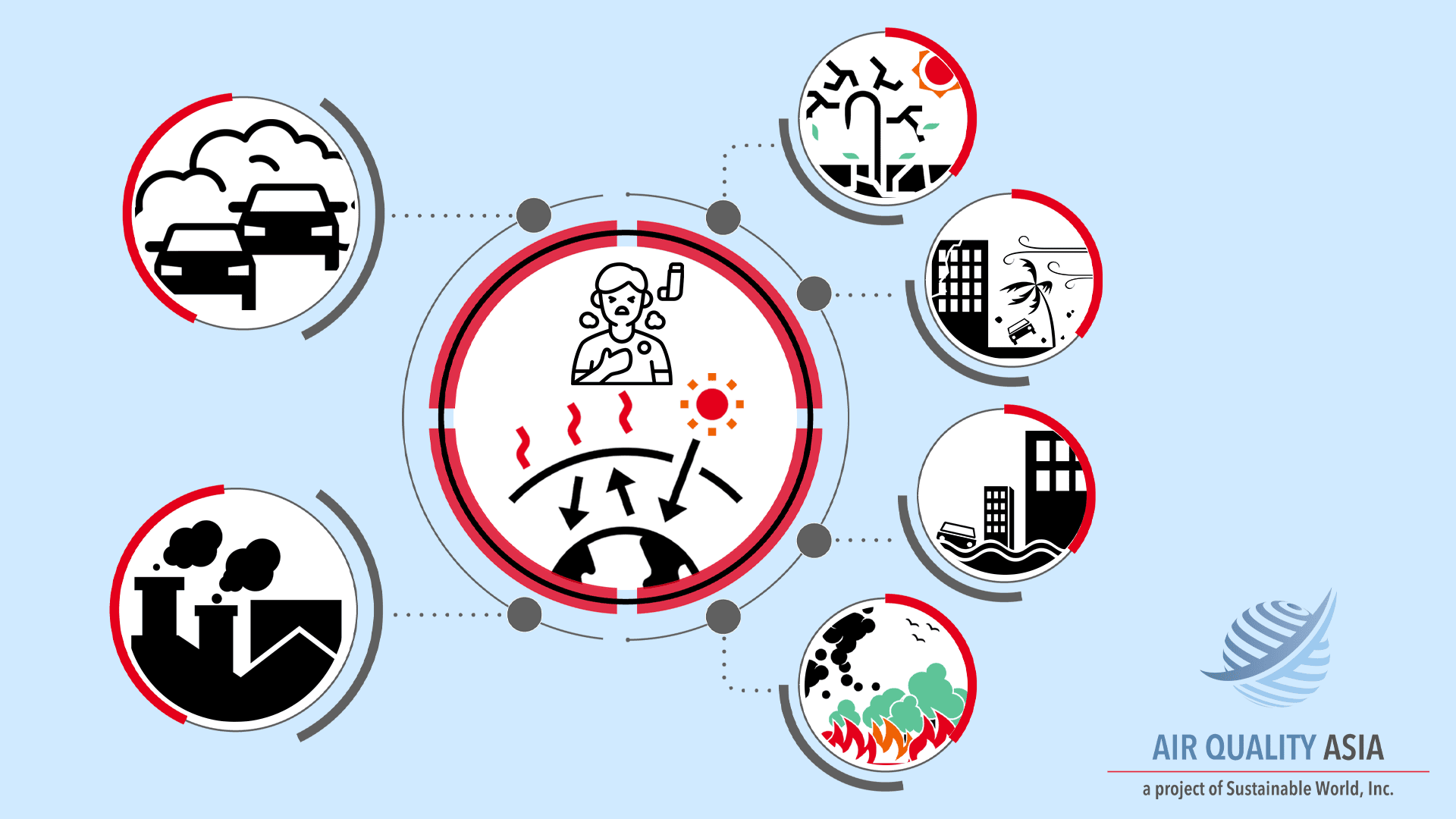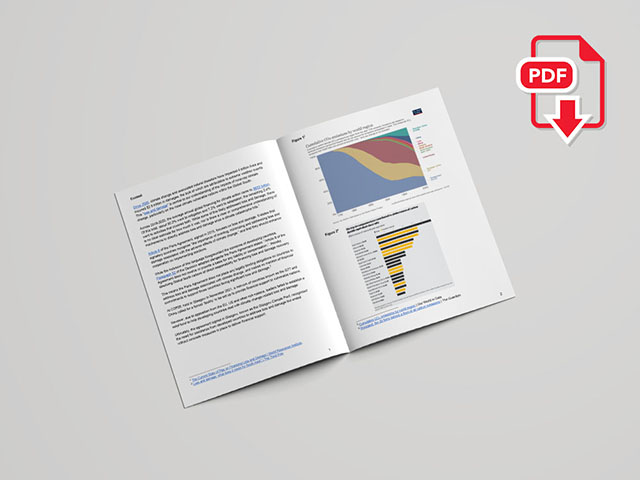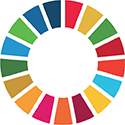
COP27 delegates approved Loss&Damage as an agenda item due to successful advocacy by G77. As negotiations begin, AQA presents our Loss&Damage Financing Mechanism report and recommendations. Let us lead those still investing in carbon towards green investment.
Since 2000, climate change and associated natural disasters have impacted 4 billion lives and incurred $2.9 trillion in damages, the bulk of which are attributable to extreme weather events. At the same time as climate disasters are hitting our economies, the same rising carbon emissions are exacerbating air pollution with a negative hit on the GDP of our economies. According to the World Bank globally the annual cost of air pollution was $5.3 trillion in 2016.
However, despite Article 8 referring to Loss and Damage, the Paris Agreement does not place any legally binding obligations on countries to address loss and damage and makes no mention of financial commitments to support those countries facing significant loss and damage.
Economists from the World Bank/IFC have estimated developing countries funding of adaptation, mitigation and transitioning to green economies from national resources is maximum 14-15%. The rest has to come from global resources including private equity funds. Development banks including the World Bank continue to fund carbon; and private equity markets have stayed on the side-lines continuing to fund carbon investments.
At COP27 G77 countries have succeeded in ensuring that an agenda item on Loss & Damage has been accepted with negotiations underway. Governments, parliamentarians and experts must now lead the world including the private sector away from carbon to green investments.
In light of this Sustainable World-AirQualityAsia presents our analysis and recommendations on the Loss & Damage Finance Mechanism for delegates' consideration.
Read also
- COP29 Panel on Loss & Damage Finance Mechanism: Preliminary Report
- COP 28
- COP27
- United Nations Climate Change Conference COP23
- Six Reasons We Will Always Have the Paris Agreement
 The State of India’s Pollution Control Boards - Are they in the green?
The State of India’s Pollution Control Boards - Are they in the green?
Centre for Policy Research, April 2023
 Tracing the Hazy Air 2023 - Progress Report on National Clean Air Programme (NCAP)
Tracing the Hazy Air 2023 - Progress Report on National Clean Air Programme (NCAP)
Centre for Research on Energy and Clean Air (CREA), 2023






